Travelling Makes Us Far Happier Than Any Material Wealth Ever DoesIn this age of consumerism, and augmented with ecommerce, it is so easy for everyone to make a purchase as soon as we have some money in our wallets (ewallets count). With each purchase, we feel a little happier, but more often than not, that happiness or satisfaction dissipates within a week or two. It turns out that the cause of this (dissipation) lies with adaptation. As soon as the stuff that we buy becomes ordinary, the satisfaction that we get with it diminshes. Then we are back to square one - pursuing that momentary pleasure with the next purchase. However, research carried out at Cornell University has found a way around this vicious cycle. Psychology professor Thomas Gilovich revealed that we experience the same increase in happiness when we buy something (we want) and also when we travel. The more significant finding -- was that the amount of happiness that we get from our buys diminishes over time, but the memories of our travelling experience continues to linger and persist, and this makes us more fulfilled and happy over a prolonged time. Deriving Joy from Experiences
Making plans for events and experiences, travelling and going on trips, and trying our new things -- all these manifest as new sources of joy and happiness for all of us. While a new toy or device will become normal, every new memory will contribute to the happiness bank that will make us really really happy for the rest of our lives.
0 Comments
DD is a 20-year old granny cat that lives in Towner Road area. I was contacted by Cindy to help house-visit DD. This was because Cindy has just started work, and she was unable to do her regular feeding of DD. At 2pm to 3pm range, DD would rouse from her sleep and then look for food. But because DD was already very old (in cat years), she had difficulty lumbering over to the food area. In fact, when I first met DD, she was laying still and did not want to move at all.
Over the past week, I have been making long visits to her. I would check if she was awake. I would then prepare her meals, and then using a small teaspoon, help and assist her with her eating. Initially, she did not eat much, but over the course of the few days, I could see that her strength came back, and she was definitely more energetic than when I first met her. Here's wishing granny DD all the best of health, and a long life! Introduction to Pawshake I have been using Pawshake since a couple of years back. For the uninitiated, Pawshake was started in 2013. Pawshake cofounder Dries Coucke's life was turned upside down in 2009 when his father Luc Coucke (who passed away in 2012) was diagnosed at the age of 60 with lung cancer. During the numerous chemotherapy sessions, Dries and his two brothers tried their best to support their parents. Yet, it soon became clear that his parents' labrador Ibeau would need someone to take care of him. Unfortunately, Dries couldn't lodge Ibeau because the dog didn't get along with his dachshund Brownie. Moreover, Dries' two brothers had just become fathers and were couldn't take responsibility for Ibeau either. Dries knew that somewhere in his community there must be a dog lover who would lodge Ibeau temporarily. Yet, the difficulty was finding this person. And so, in 2010, Dries started the idea of Pawshake with a post on the Facebook page of pets.be, a not-for-profit website to rehome rescue pets, he founded in 2002. (You can still read here the original post). How I use Pawshake I use Pawshake in two ways:
So just last week, the owner Emily reached out to me via Pawshake to take care of her two Pinschers, Troster and Talent. Troster is the elder one, already 15 years of age, blind in both eyes, and having difficulty in digesting food. Talent, on the other hand, is the young chirpy one. I did a "meet and greet", which allowed me to meet both Emily as well as the two dogs. After the initial touch-base, I decided that I was able to accept the assignment. Troster and Talent
While Talent (the younger one) was friendly with me when I first visited, he started to become rather aggressive when I visited on Day 1 (it was a weekend assignment). I quickly cleanup the all the poo-and-pee mess left by the duo, and fed them. As Troster was not able to see his dish, I had to guide him to his food bowl. I was also careful to separate their eating area so that there is a safe space for both of them to eat. Now, Talent, being the younger one and the bully, then tried to bite Troster (!) to eat his share of the treats. Poor Troster then yelped and struggled helplessly. Fortunately, Talent did not continue with his bullying. It did leave an impression on me though. First of all, I thought about the fact that cat behaviour and dog behaviour is really different. I used to own dogs, but that was a long time ago. I realised that cats are generally cleaner and groomed themselves more eagerly whereas dogs, being pack animals, are okay to leave their mess around as a mark of their territory. Another observation that I had -- was that there's always a pecking order, whether for animals or humans. The strongest always survive and the weaker or weakest ones will ultimately suffer. That's the theory of evolution - the strongest survive.
My Random Encounter with the Otters
I do occasionally follow up with news about the Singaporean otters, mainly via the Otter Watch Facebook Group. What seemed to be one family of otters have now grown into different families, each having their own territories and territorial disputes. Nevertheless, the otters in Singapore have grown into a national animal of sorts - and they do look adorable, which makes liking them even easier.
Stopping by the Kallang River, and look what I found?!
So last week, during one of the evenings, while driving home from gym (at Millenia Walk), I decided to make a detour to take some 360 photos (my current hobby). To my surprised I saw a family of otters lurking around the water's edge. I got really curious and decided to move forward to have a closer look.
The otters were all eating fish
My first observation was that the family of otters looked very well-fed. Almost every otter has his own piece of fish, and without too many natural predators, they were able to enjoy their meals without a worry. I decided to move even closer. Interestingly, they were not bothered by me at all - they were probably already well-adjusted to living alongside humans.
I decided to zoom into one of the otters who was eating fish, and lucky for me, he did a few good poses. This shot was the otter almost finishing his fishy snack, before his sibling came over for the scraps.
|
AuthorI am MrWildy and I am trying to journal more about my life and also my travels. Find out more about me here. Categories
All
Archives
July 2022
|

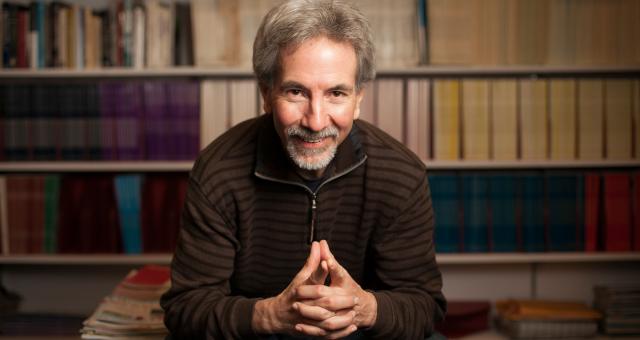
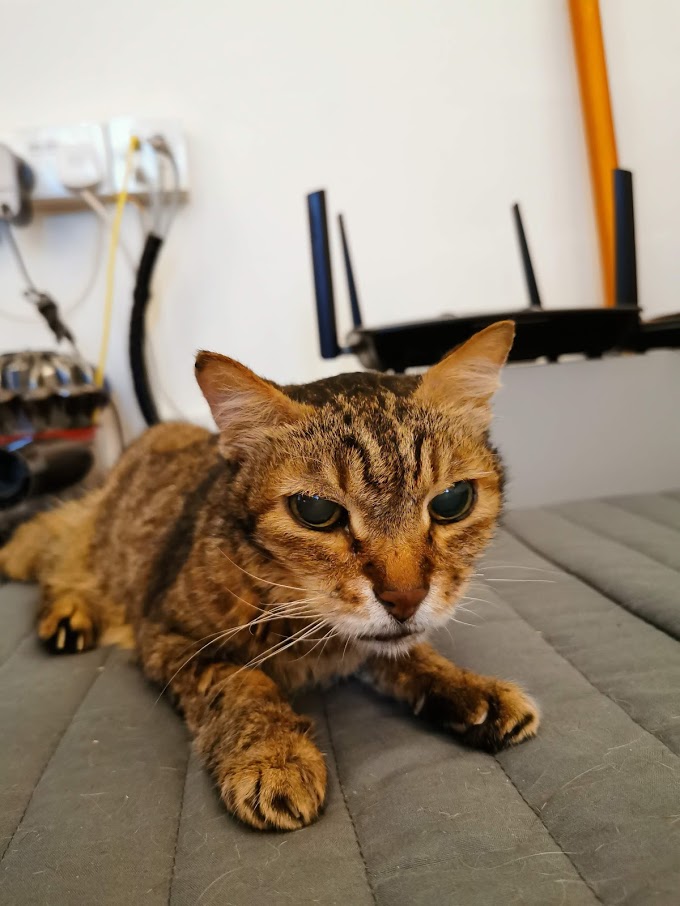
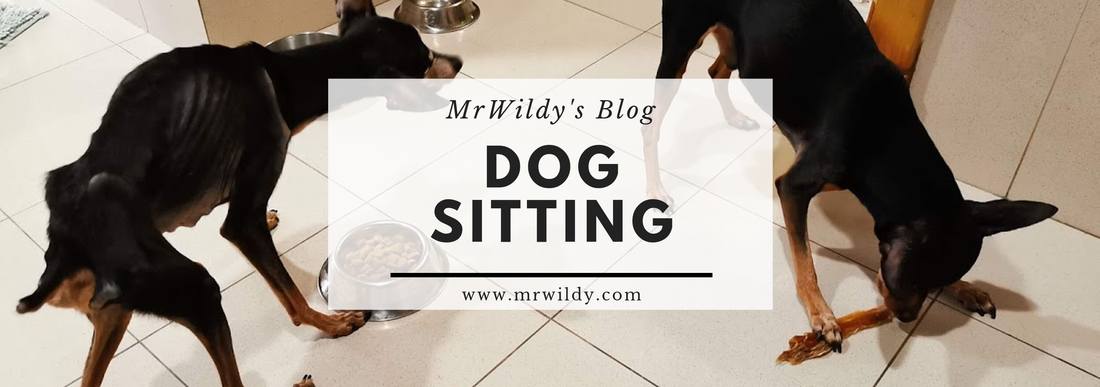
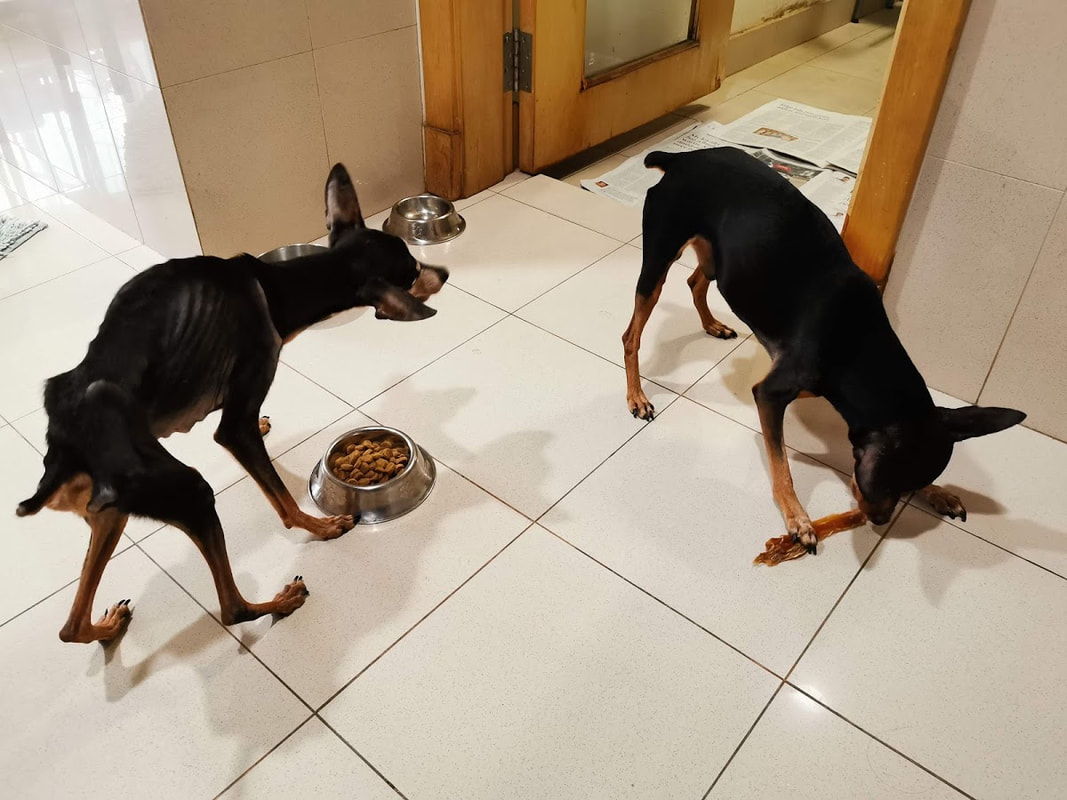
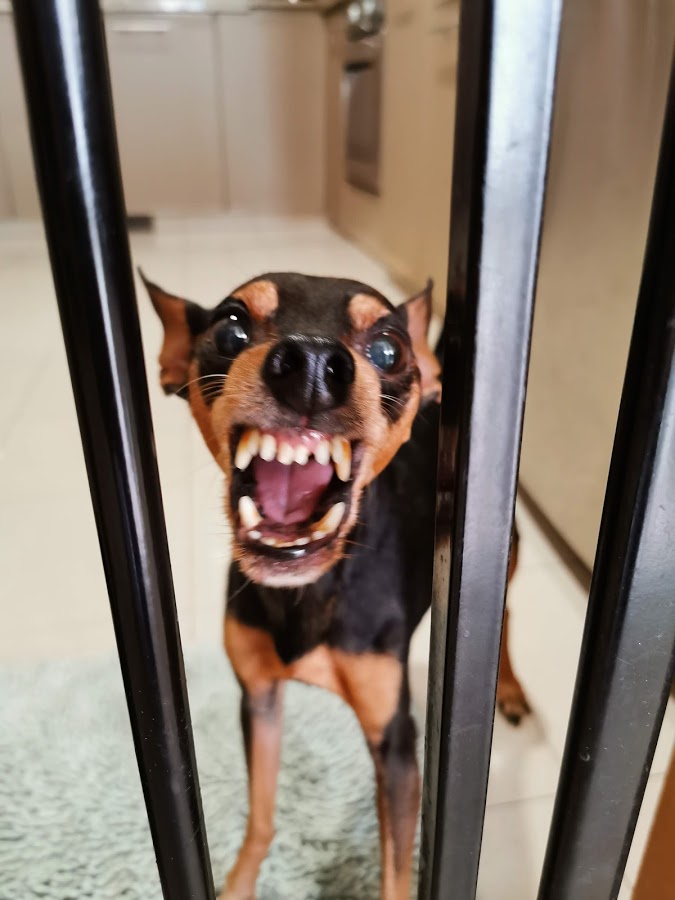
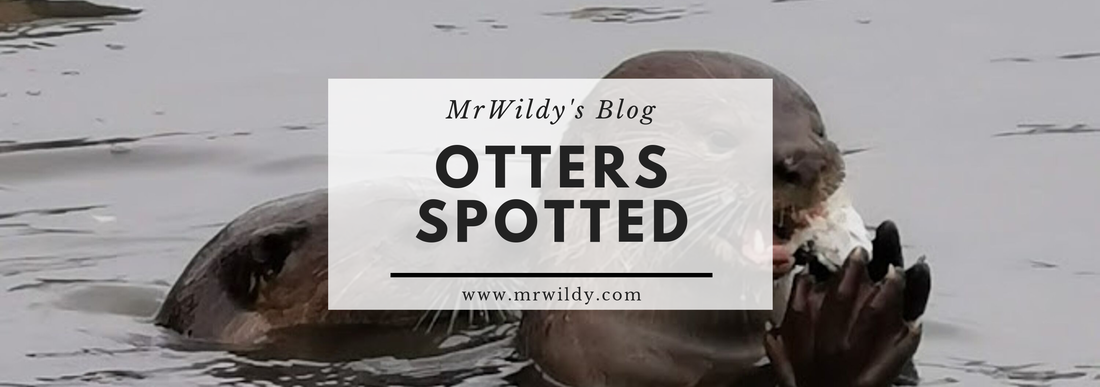
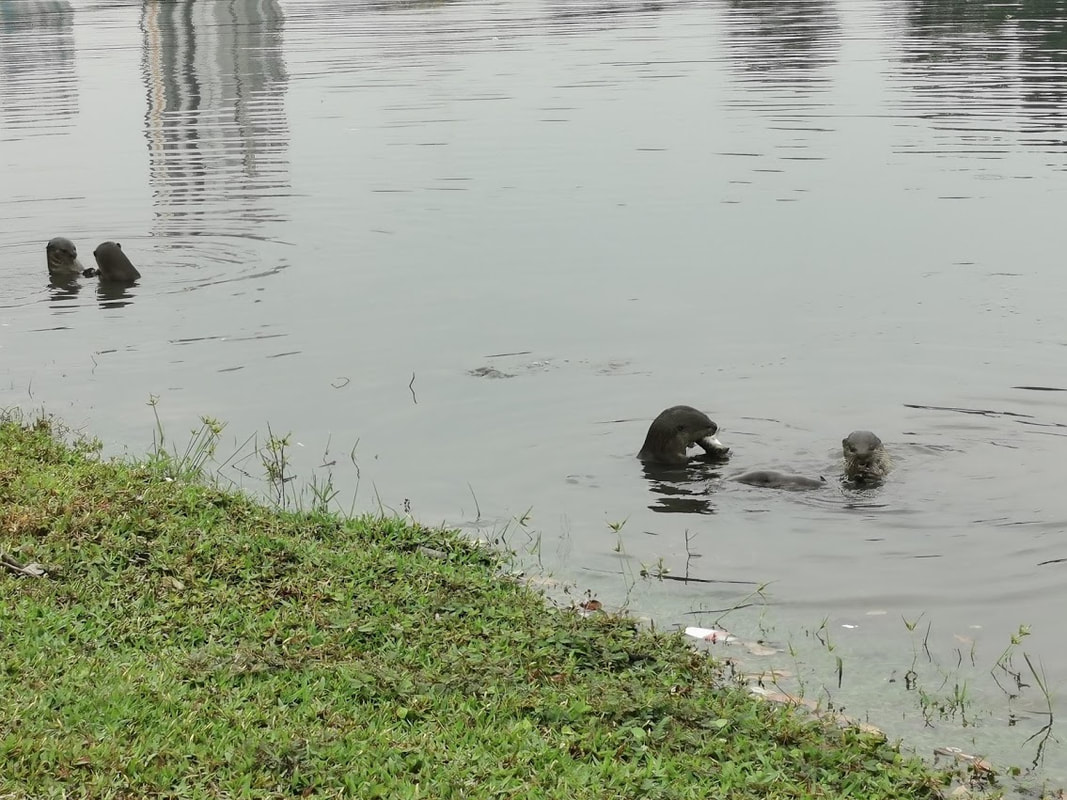
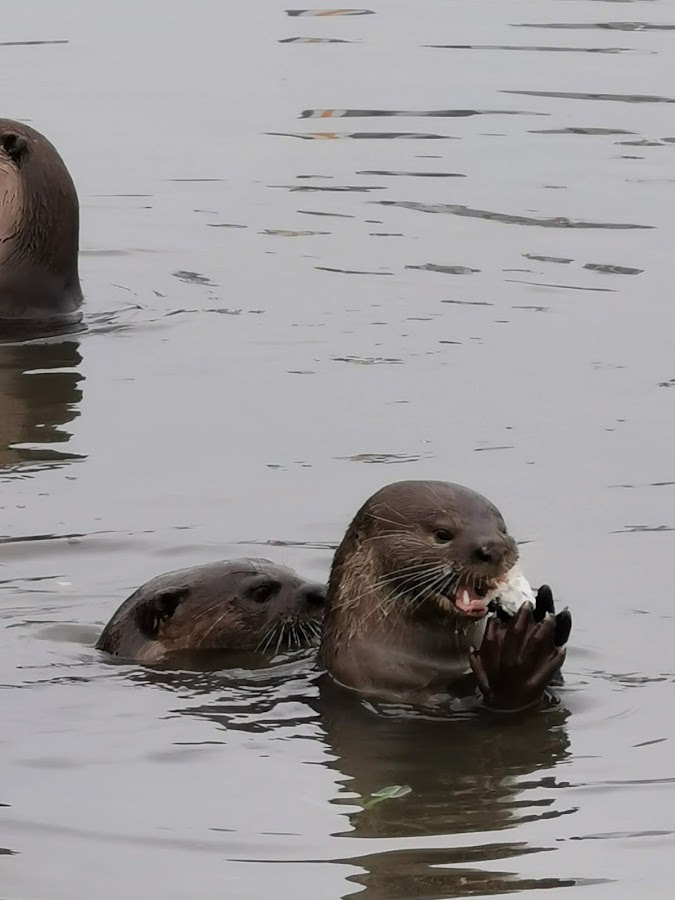
 RSS Feed
RSS Feed